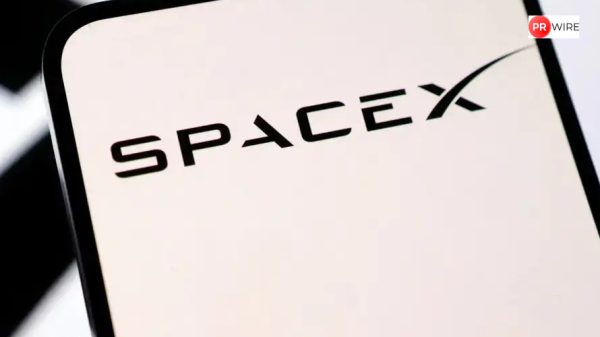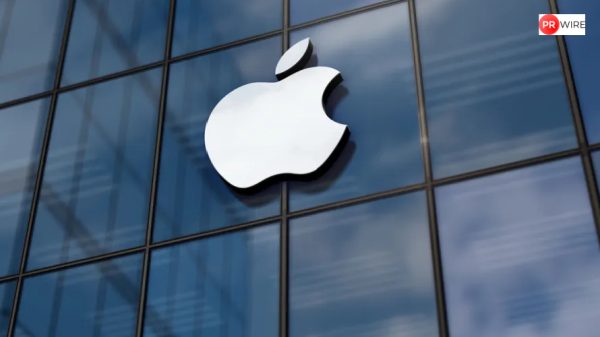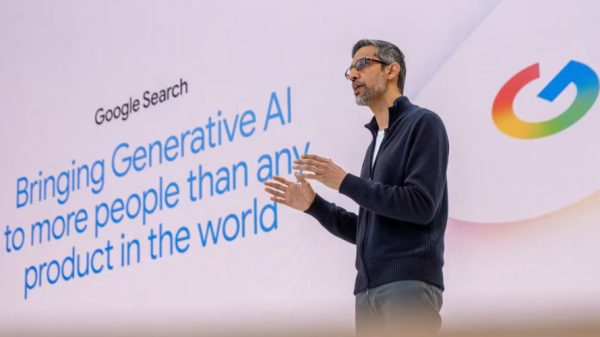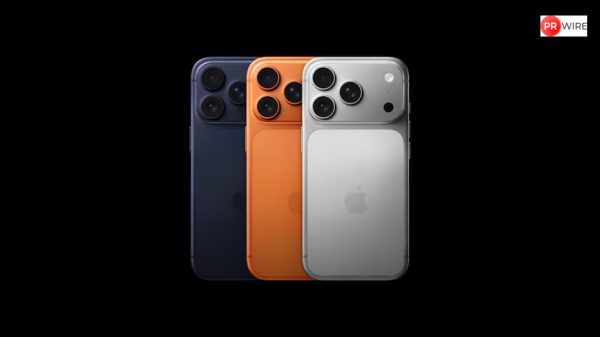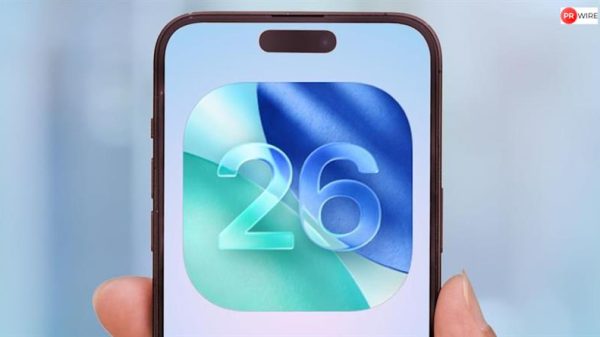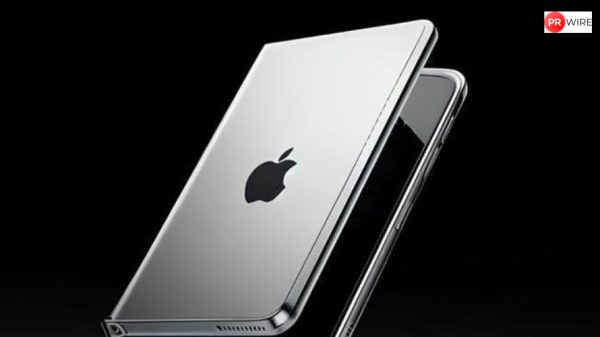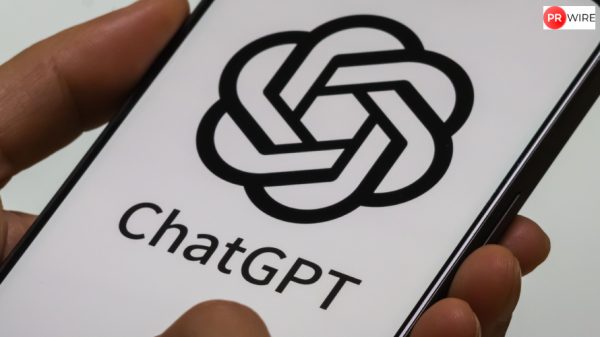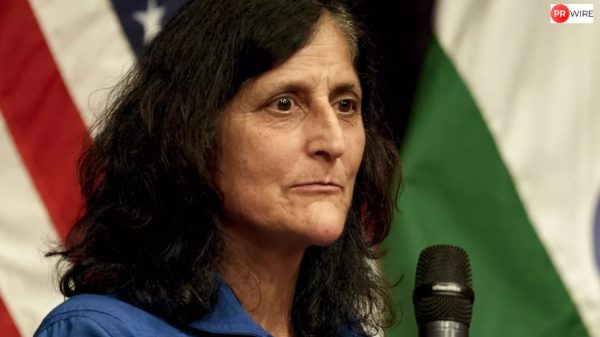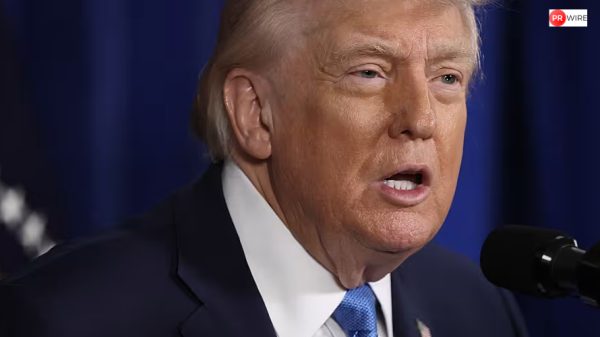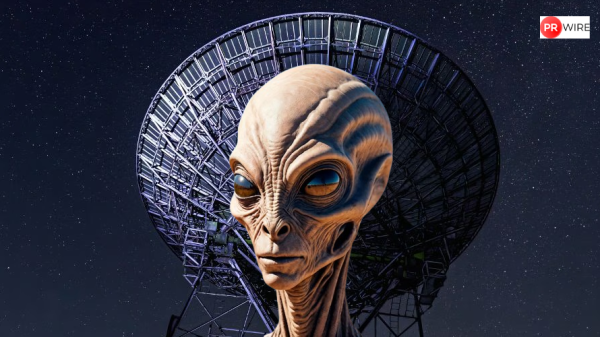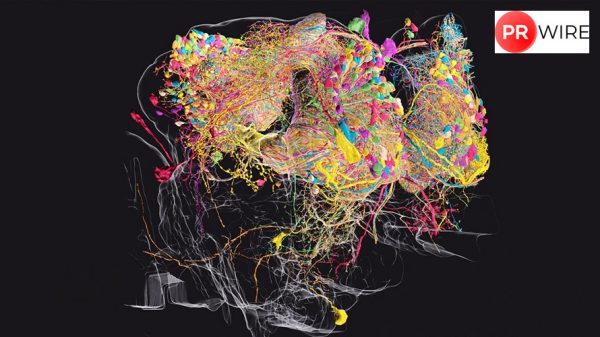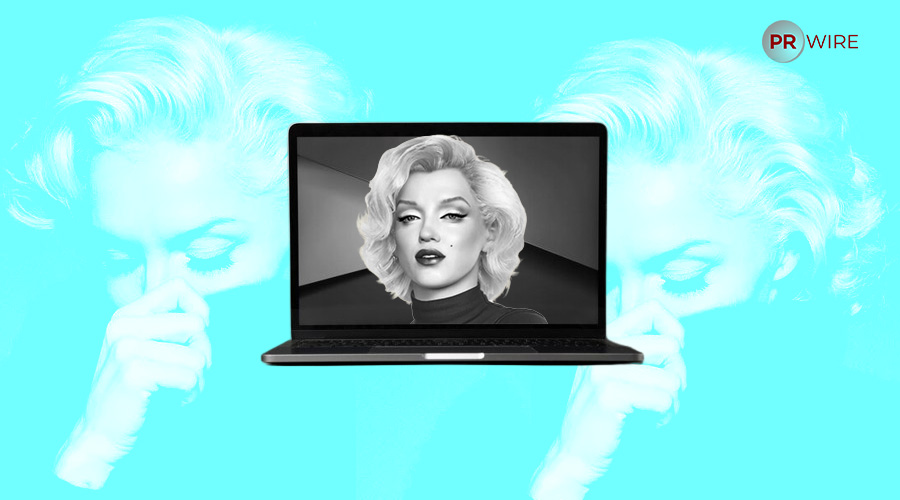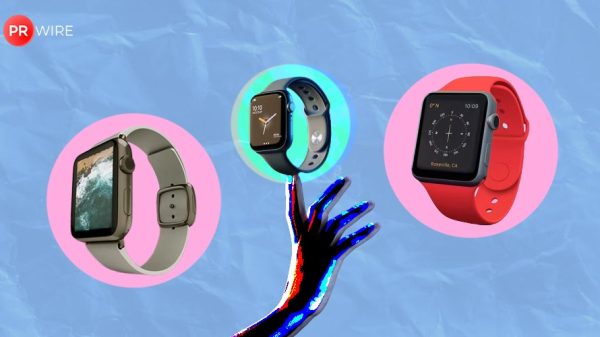Marilyn Monroe, the iconic actress, has been resurrected in the digital realm, poised to beguile a whole new generation of admirers. Debuting at the South by Southwest (SXSW) tech conference in Austin, Texas, on Friday, this hyper-realistic digital avatar, rather known as”Digital Marilyn,” promises to capture the legendary actress’s charm and wit.
Authentic Brands Group, the company that manages Monroe’s likeness (and probably wishes they had a time-traveling DeLorean to get her consent), partnered with Soul Machines to bring this digital diva to life.
Powered by advanced natural language processing, deep learning, and GPT 3.5, Digital Marilyn is ready to share intimate anecdotes and deliver personalized greetings that make you feel like you’re in a virtual “Gentlemen Prefer Blondes” fantasy.
While some fans see Digital Marilyn as a way to preserve the legacy of iconic figures, others argue that it crosses ethical boundaries and exploits the likeness of those who are no longer able to give their consent.
This follows a growing trend of AI-generated content featuring late icons, such as an animated biopic of French singer Edith Piaf (because who doesn’t want to see a pixelated version of “La Vie en Rose”?) and an AI-generated voice of Jimmy Stewart reading bedtime stories on the Calm app (for those who find “It’s a Wonderful Life” too soothing).
The use of AI in entertainment has been a hot-button issue, particularly during the recent Hollywood actors’ strike, where SAG-AFTRA fought tooth and nail for better protections against studios potentially using AI clones to replace them. Zelda Williams, daughter of the late Robin Williams, has also criticized the “disturbing” trend of recreating the voices and faces of the deceased, reminding us that “Dead Poets Society” should remain just that – dead.
Despite the ethical concerns, companies like Soul Machines and Authentic Brands Group see AI-generated celebrities as a way to keep the magic of iconic figures alive long after they’ve taken their final bow. And as AI continues to advance, the debate surrounding digital avatars and chatbots modeled after deceased celebrities is likely to heat up.
The article originally appeared on The Times of India.



